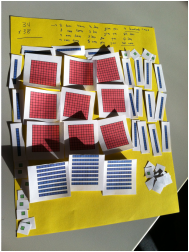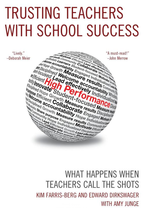Let's take my school as an example: we have 47 minute periods that students attend 7 period per day. With 181 days planned for the school year, that is 47*7*181/60 = 992.5 hours. That means if we lose half a day to an unapproved issue we are technically in violation of state law.
It just so happens that this year the School District of Philadelphia has decided to require teachers to submit grades by the end of the day on Wednesday, June 12 even though classes do not end until Friday, June 21. That is a loss of 7 school days (or 7*7*47/60 = 38.4 instructional hours).
Additionally, this year was the introduction of the Keystone Exam so we have organized administration in the Winter and Spring with delayed openings totaling 10 days. That is a loss of 10*3 (hours per delayed opening) = 30 instructional hours. (I am well aware that the state wants this test - I would argue its use is way too hectic and not as valuable to be valid).
In total with just the end-of-year calendar and testing schedules we have lost almost 10 school days (roughly 6% of the school year). Not only is this a bad idea but it also seems to go against the very laws we are supposed to uphold in Pennsylvania.
I wish more people would pay attention to this issue.





 RSS Feed
RSS Feed
